
Kod: 12537422
Les Mythes D'Homere Et La Pensee Grecque
Autor Felix Buffiere
Homer’s writings have always fascinated readers, and his influence has not waned from ancient times to our own day (Paul Claudel, Gabriel Audisio, Joyce, Cavafy, Kazantsakis). Yet some philosophers (Xenophanes, Plato, Epicurus) ha ... więcej
- Język:
 Francuski
Francuski - Oprawa: Twarda
- Liczba stron: 680
Wydawca: Les Belles Lettres, 2010
- Więcej informacji o książce

Zobacz książki o podobnej tematyce
-

A Manual of Shoemaking and Leather and Rubber Products
31.31 € -

Boudoir: Celebrating the essence of women
21.51 € -17 % -

Bear Island
13.02 € -19 % -

Lee's Tar Heels
44.84 € -

Les Pescheurs Illustres
17.57 € -

Libby Life
28.78 € -2 % -

Life on the Road and in the Air Travel Journal Girl Edition
9.28 € -
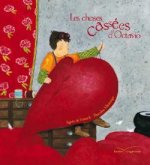
Les choses cassees d'Octavio
41.71 € -4 % -

Belki Yakin
15.34 € -

City Images
200.81 € -

The Mother of All Pregnancy Organizers
25.75 € -18 % -

Einsatz von interaktiven Whiteboards im Englischunterricht
35.85 € -7 % -

Simple Et Touchant Souvenir de l'Annee 1871
13.53 € -

Lebanese in the World
136.26 €
Bon podarunkowy: Radość gwarantowana
- Podaruj bon o dowolnej wartości, a my się zajmiemy resztą.
- Bon podarunkowy dotyczy całej naszej oferty.
- Możesz wydrukować elektroniczny bon z e-maila a następnie przekazać go obdarowanemu.
- Ważność bonu wynosi 12 miesięcy od daty wystawienia.
Więcej informacji o Les Mythes D'Homere Et La Pensee Grecque
Za ten zakup dostaniesz 237 punkty
 Opis
Opis
Homer’s writings have always fascinated readers, and his influence has not waned from ancient times to our own day (Paul Claudel, Gabriel Audisio, Joyce, Cavafy, Kazantsakis). Yet some philosophers (Xenophanes, Plato, Epicurus) have been harsh critics of Homeric poetry. Xenophanes (6th century BC) reproached Homer for giving the gods an unflattering and immoral reputation. Plato, on the other hand, believed that the study of philosophy should sublimate the study of Homeric poetry, which, in the latter’s day, was the foundation of learning for Greek youths. However, ancient Greeks never ceased to analyse Homeric myths in an attempt to identify their origins. They believed that Homeric poetry and philosophy had to be reconciled in order to discover the myths’ hidden meaning, a process called “allegorical exegesis.” The latter began in the early 6th century BC with Theagenes of Rhegium and lasted until Proclus (5th century AD).For Greeks, myths are a deceptive envelope whose secret needs to be penetrated in order to grasp the idea behind the image.Homeric exegesis developed on three major levels : Physics : According to allegorists, Homer’s myths delved into scientific notions about the very structures of the universe. For example, gods were nothing other than primordial elements (air, ether, water, fire and earth) which indulged in cosmic conflicts. Morality : Myths were a reflection of virtue (Plutarch, Cassius Maximus Tyrius) and taught individuals how to conduct themselves heroically, sensibly and wisely. Theology : Neoplatonicians (Porphyry of Tyre, Proclus) believed that Homer’s gods had their respective counterparts in Neoplatonism’s gods and demons, as well as in their belief in the transmigration of souls (the adventures of Ulysses, Calypso, Circe and the Sirens). Homer’s myths revealed the real world’s structure because they were no longer deemed to be fictional, but rather pure, truths. The allegorical exegesis tradition thrived until the Byzantine era and even on up to the Renaissance.
 Szczegóły książki
Szczegóły książki
94.54 €
- Pełny tytuł: Les Mythes D'Homere Et La Pensee Grecque
- Autor: Felix Buffiere
- Język:
 Francuski
Francuski - Oprawa: Twarda
- Liczba stron: 680
- EAN: 9782251326733
- ISBN: 2251326731
- ID: 12537422
- Wydawca: Les Belles Lettres
- Waga: 1133 g
- Wymiary: 246 × 168 × 41 mm
- Data wydania: October 2010
Ulubione w innej kategorii
-

Eros Adolescent: La Pederastie Dans La Grece Antique
84.14 € -
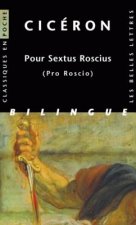
Ciceron, Pour Sextus Roscius: (Pro Roscio)
17.16 € -
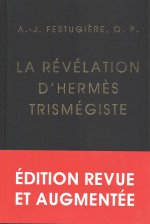
La Revelation D'Hermes Trismegiste: Edition Definitive, Revue Et Corrigee
224.96 € -

Les Noms Latins D'Astres Et de Constellations
70.40 € -
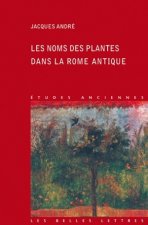
Les Noms Des Plantes Dans La Rome Antique
52.11 € -14 % -
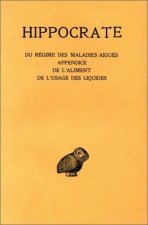
Hippocrate, Tome VI, 2e Partie: Du Regime Des Maladies Aigues. - Appendice. - de L'Aliment. - de L'Usage Des Liquides
35.95 € -
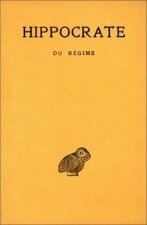
Hippocrate, Tome VI, 1re Partie: Du Regime
35.95 € -
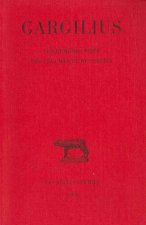
Gargilius Martialis, Les Remedes Tires Des Legumes Et Des Fruits
54.64 € -
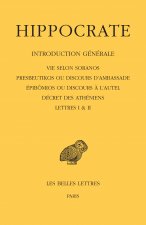
Tome I, 1re partie : Introduction générale
107.27 € -

Galien, Oeuvres. Tome IX, 1re Partie: Commentaire Au Regime Des Maladies Aigues d'Hippocrate: Livre I
54.64 € -

L'Art de La Deformation Historique Dans Les Commentaires de Cesar
65.75 € -
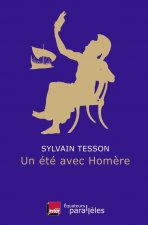
Un ete avec Homere
19.28 € -14 % -
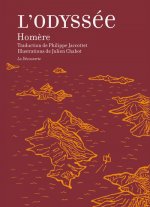
L'Odyssée (édition grand format illustrée)
29.99 € -
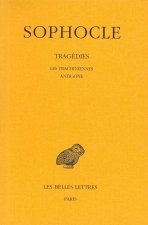
Sophocle, Tragedies: Tome I: Introduction. - Les Trachiniennes - Antigone.
29.99 € -
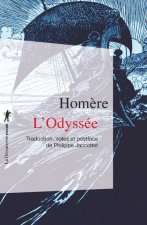
L'Odyssée (NE)
17.36 € -
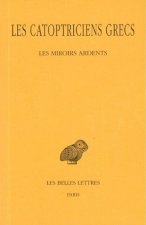
Les Catoptriciens Grecs
66.46 € -
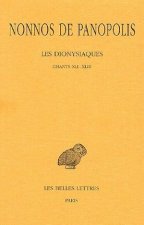
Nonnos de Panopolis, Les Dionysiaques: Chants XLI-XLIII
54.64 € -
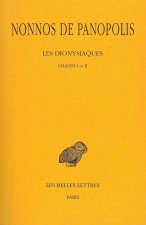
Nonnos de Panopolis, Les Dionysiaques: Tome I: Chants I Et II.
35.95 € -
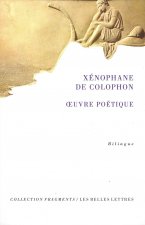
Xenophane, Oeuvre Poetique
48.38 € -
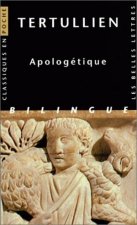
Tertullien, Apologetique
18.27 € -

Lysistrata
8.07 € -
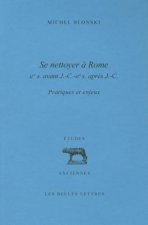
Se Nettoyer a Rome (IIe Siecle AV. J.-C.- IIe Siecle AP. J.-C.)
65.75 € -
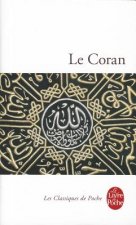
Le Coran
10.29 € -
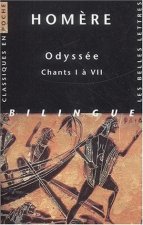
Homere, Odyssee: Chants I a VII.
15.55 € -

Homere, Iliade
31 € -
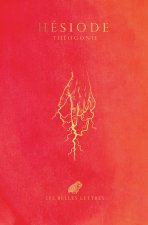
Hesiode, Theogonie
24.74 € -
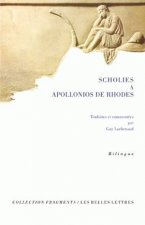
Publilius Syrus: Sentences
65.75 € -
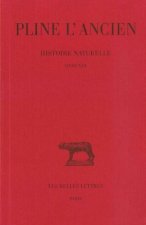
Pline L'Ancien, Histoire Naturelle: Livre XXX. (Remedes Tires Des Animaux).
26.46 € -

Iliade
7.87 € -
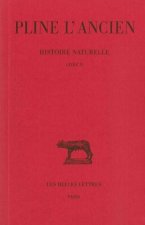
Pline L'Ancien, Histoire Naturelle: Livre X. (Des Animaux Ailes).
26.46 € -
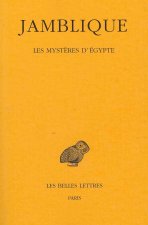
Jamblique, Les Mysteres D'Egypte
48.78 € -

SAN ZI JING, BAI JIAXING, QIAN ZIWEN, DI ZIGUI, QIAN JIASHI (LIVRE CLASSIQUE) (classique- simplifié)
20.70 € -
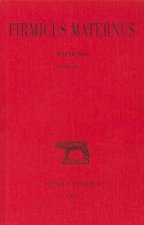
Firmicus Maternus, Mathesis: T. II: Livres III-V.
58.28 € -

Nonnos de Panopolis, Les Dionysiaques: Tome X: Chants XXX-XXXII.
48.78 € -
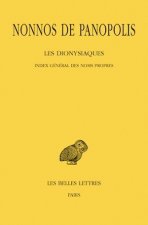
Nonnos de Panopolis, Les Dionysiaques: T. XIX: Index General Des Noms Propres
29.99 € -
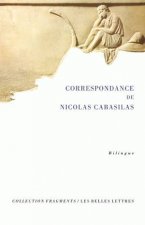
Nicolas Cabasilas: Correspondance de Nicolas Cabasilas
43.23 € -
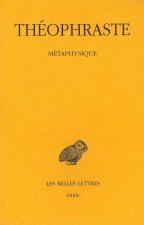
Theophraste, Metaphysique
35.95 € -
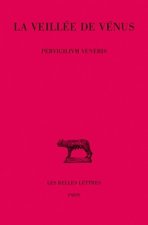
Pervigilium Veneris, La Veillee de Venus: (Pervigilium Veneris)
18.27 € -
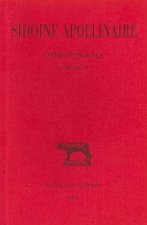
Sidoine Apollinaire, T. III: Correspondance. Livres VI-IX
66.86 € -

Nonnos de Panopolis, Les Dionysiaques: Tome II: Chants III-V.
35.95 € -

Hippocrate, Hippocrate: T. XII, 1re Partie, Nature de La Femme
54.64 € -

L'Anabase Ou l'Expedition Des Dix-Mille
18.48 € -

Photius, Bibliotheque: Tome VIII: Codices 257-280.
35.95 € -
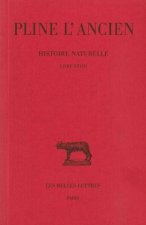
Pline L'Ancien, Histoire Naturelle: Livre XXVIII. (Remedes Tires Des Animaux).
26.46 € -

La Bhagavad-Gita
26.56 € -
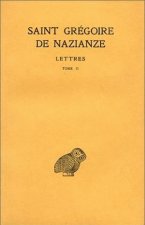
Gregoire de Nazianze, Correspondance: Tome II: Lettres CIII - CXLIX.
35.95 € -
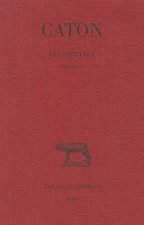
Caton, Les Origines. Fragments
39.39 € -
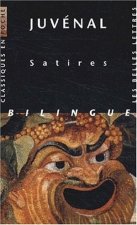
Juvenal, Satires
17.36 € -
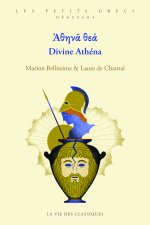
Άθηνἀ Θεἀ. Divine Athéna
12.62 €
Osobní odběr Bratislava a 2642 dalších
Copyright ©2008-24 najlacnejsie-knihy.sk Wszelkie prawa zastrzeżonePrywatnieCookies



 Vrácení do měsíce
Vrácení do měsíce Zdarma od 49.99 €
Zdarma od 49.99 € 02/210 210 99 (8-15.30h)
02/210 210 99 (8-15.30h)